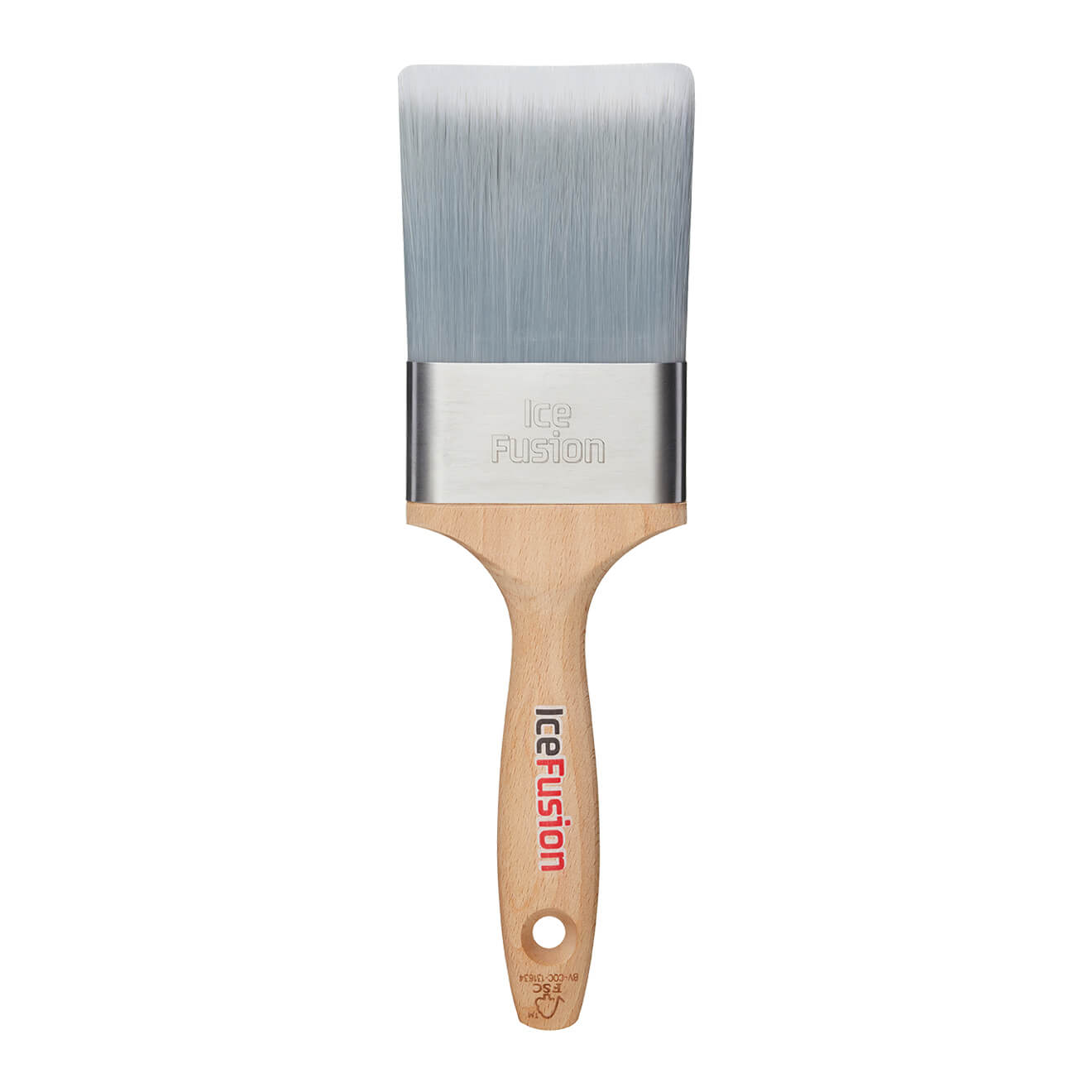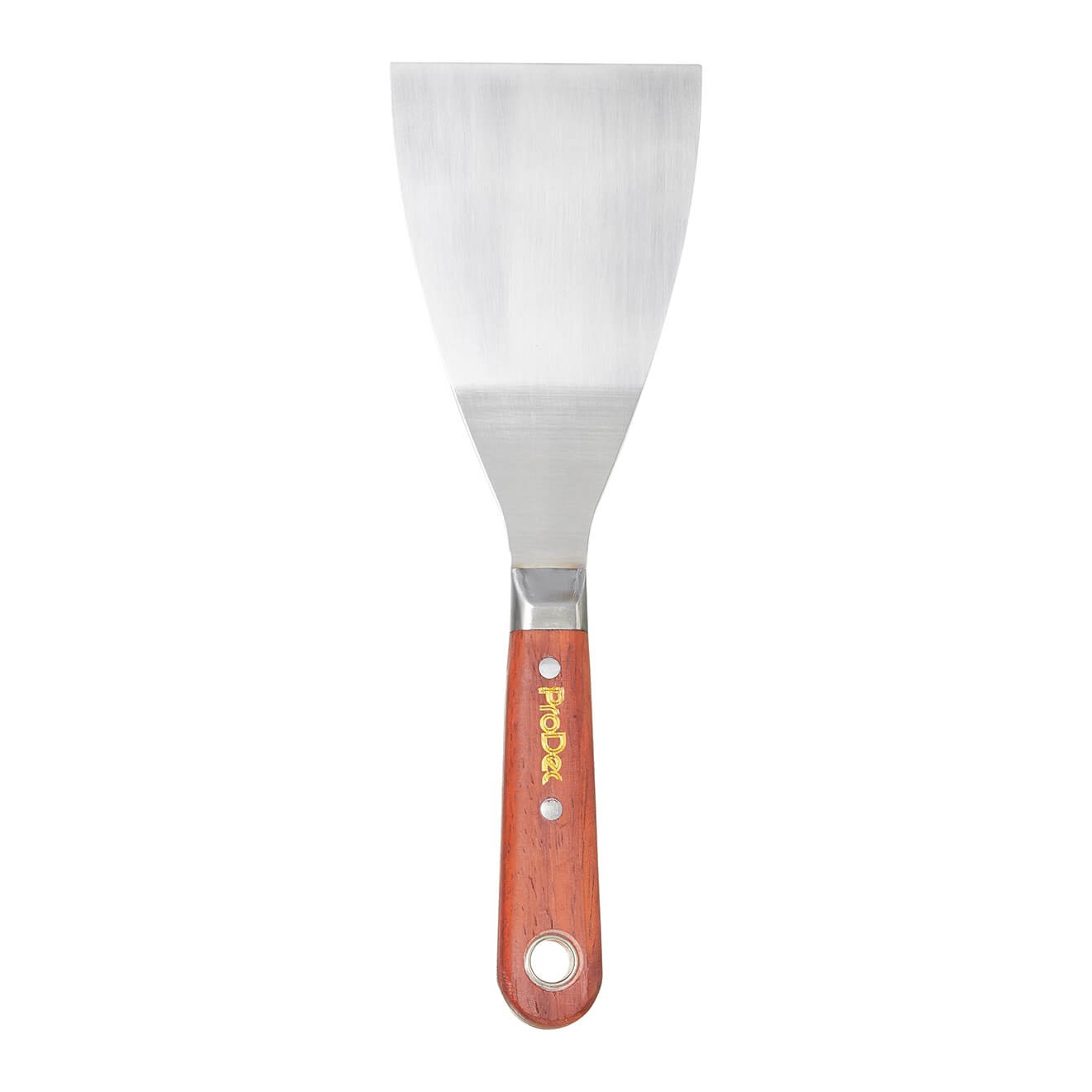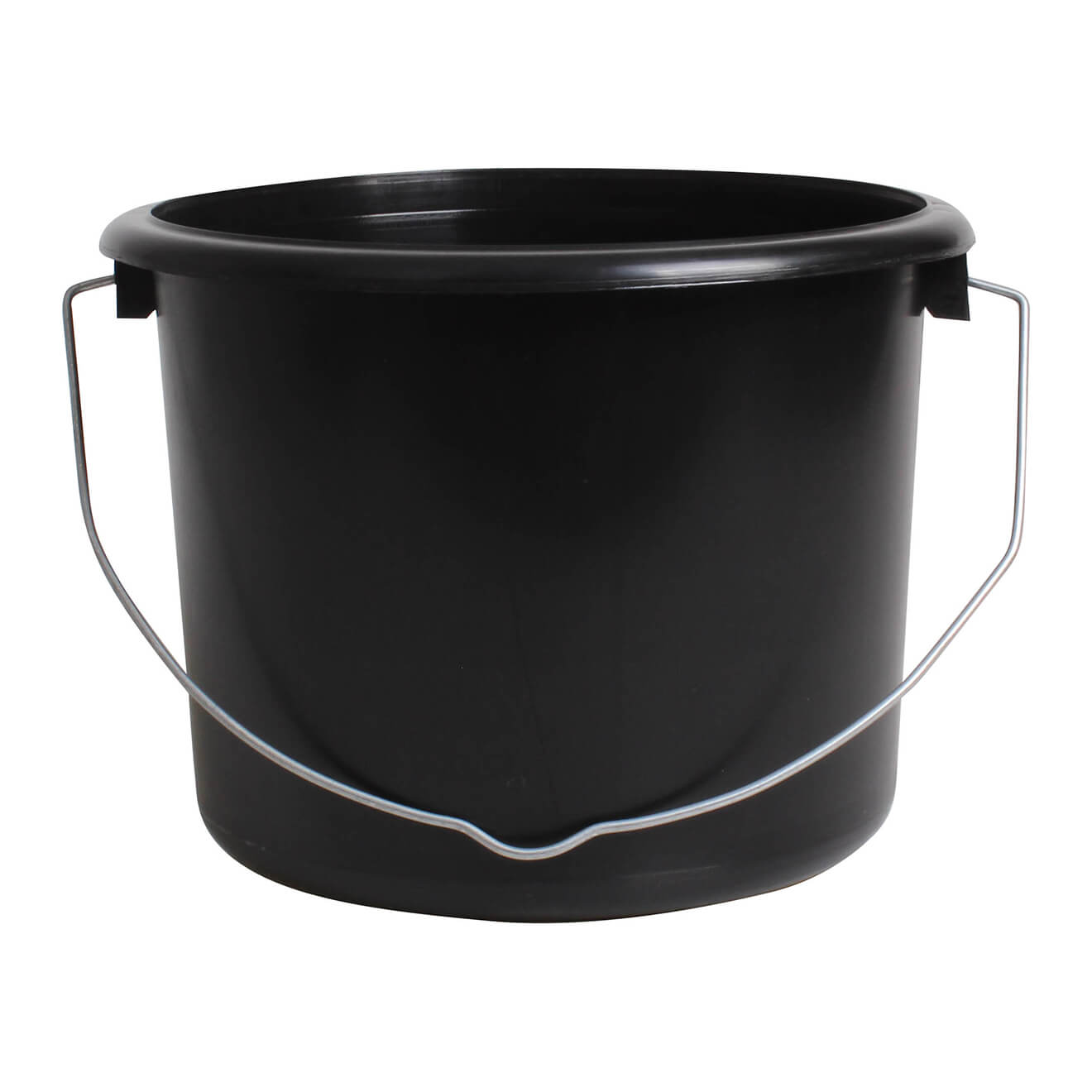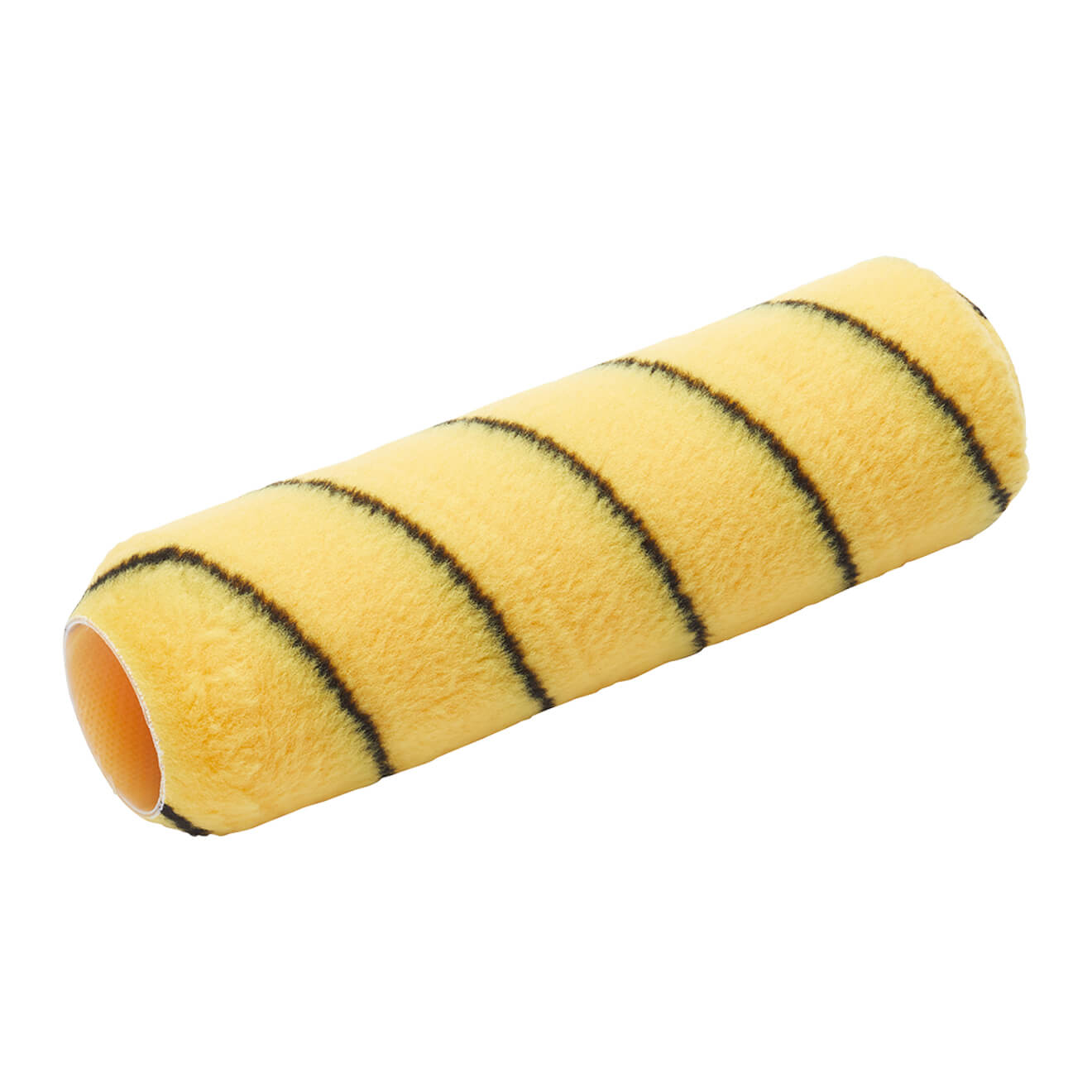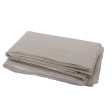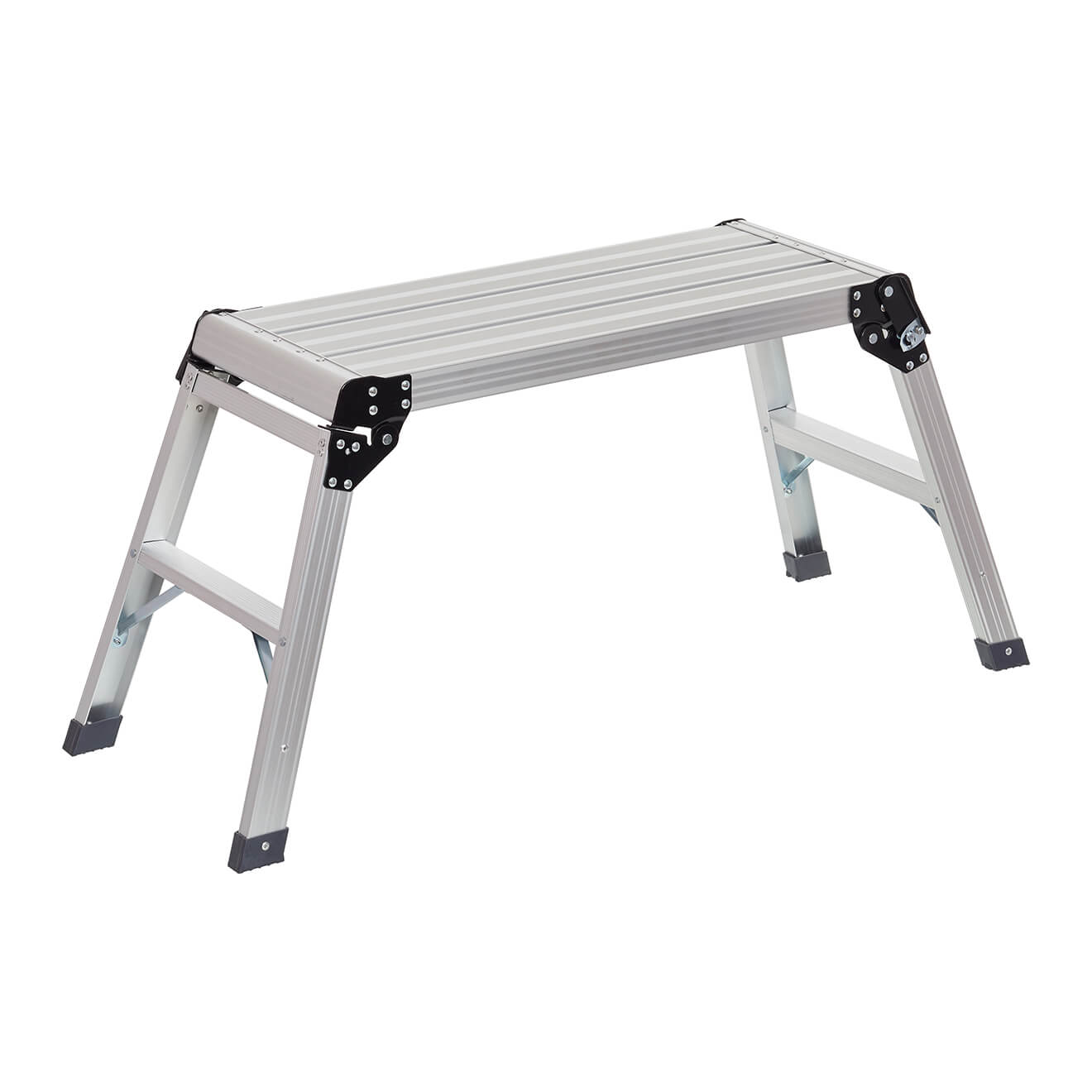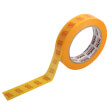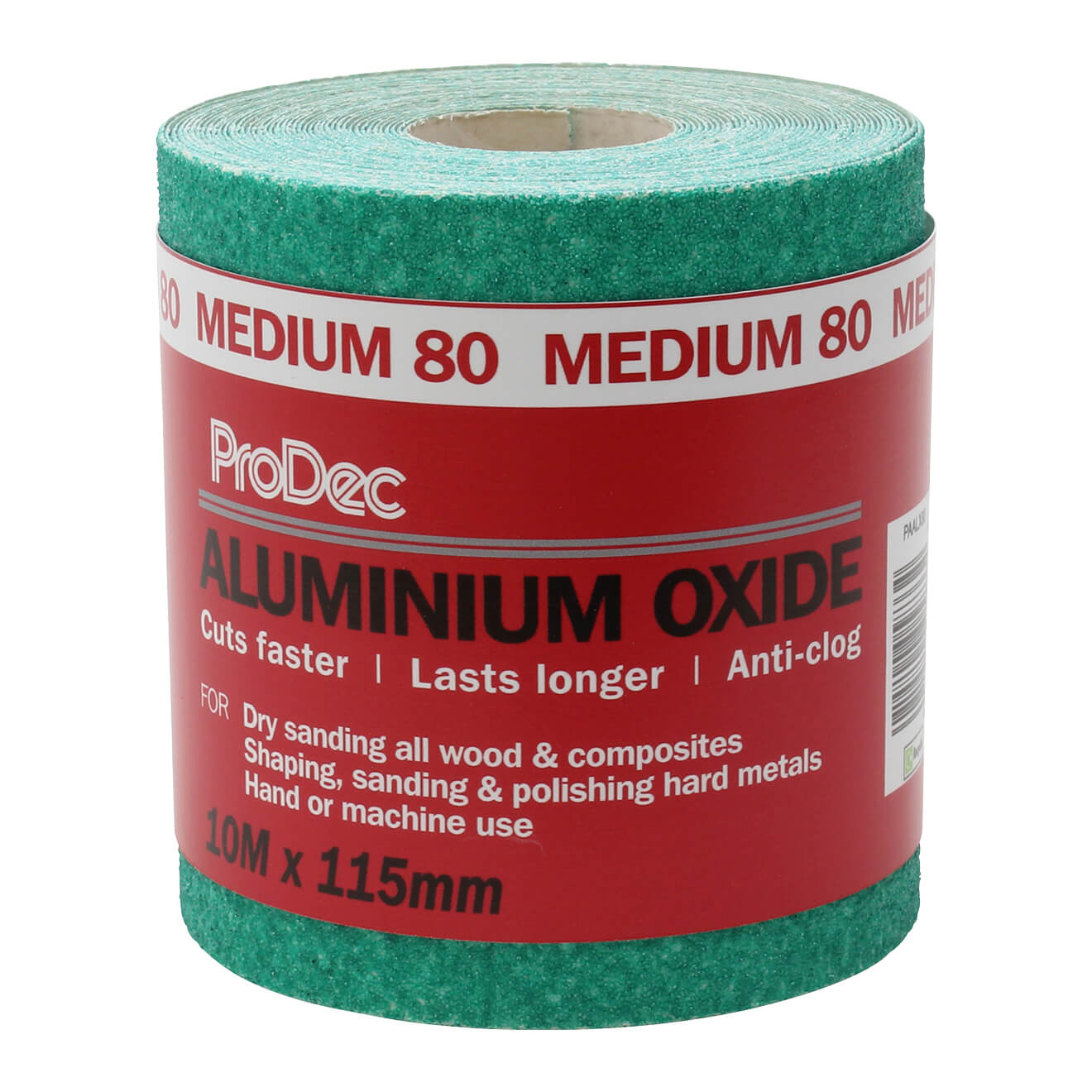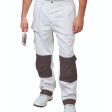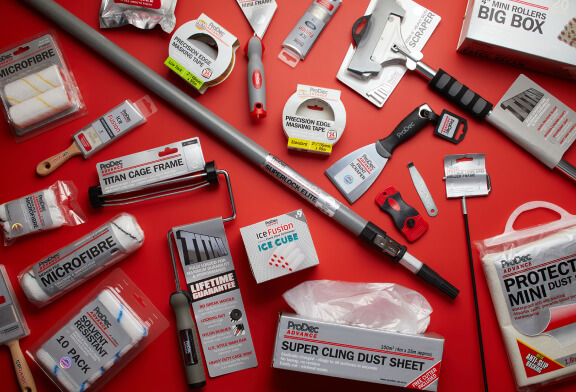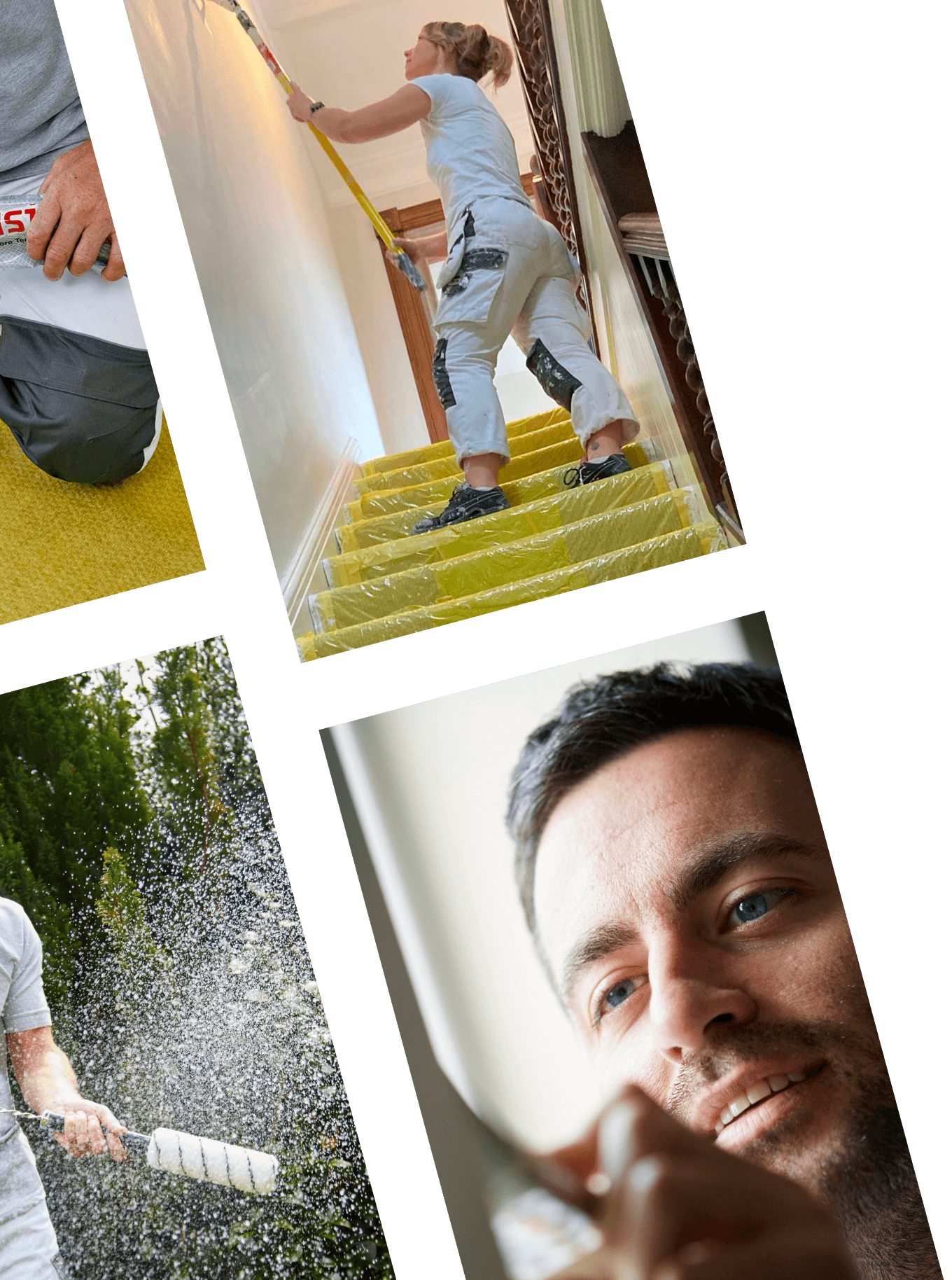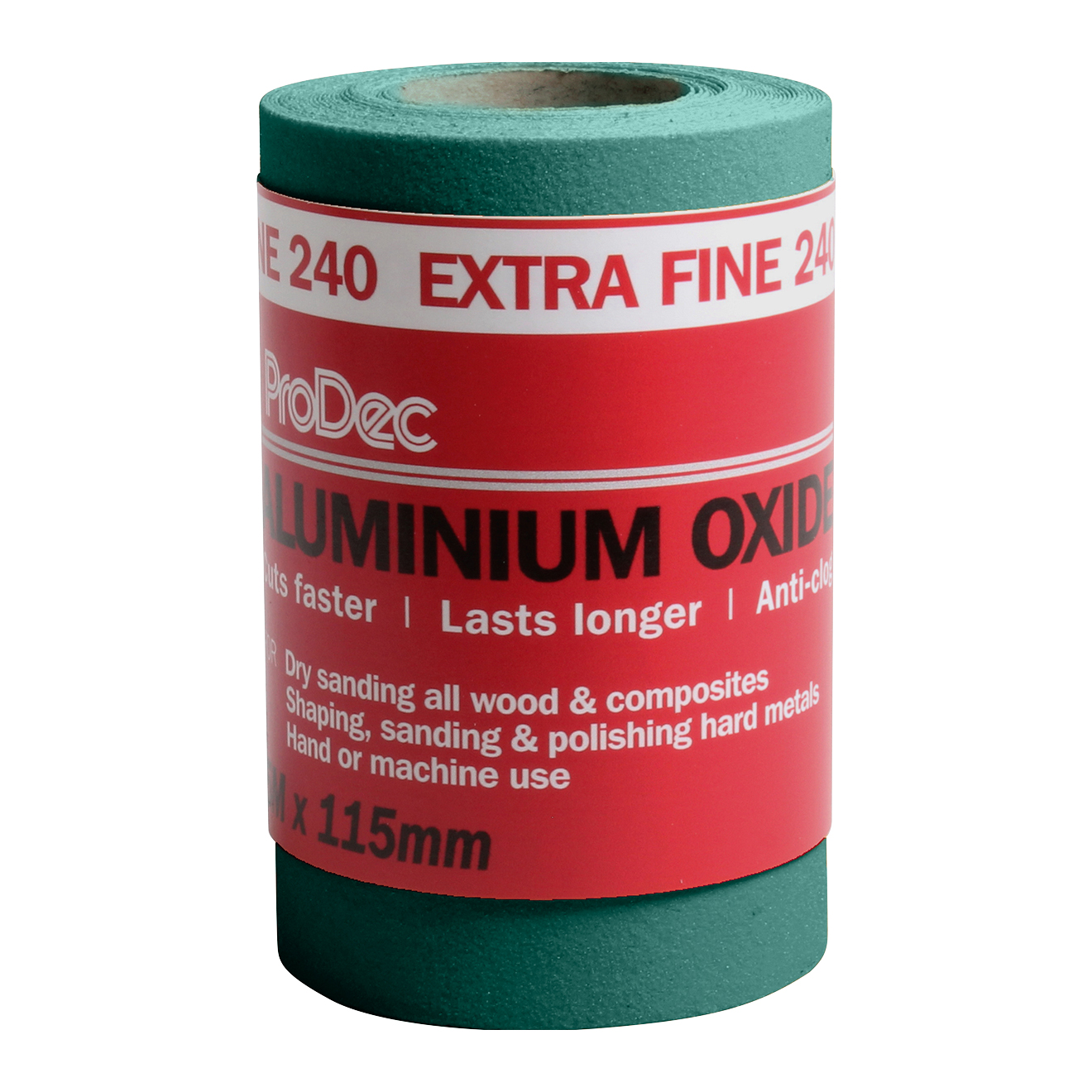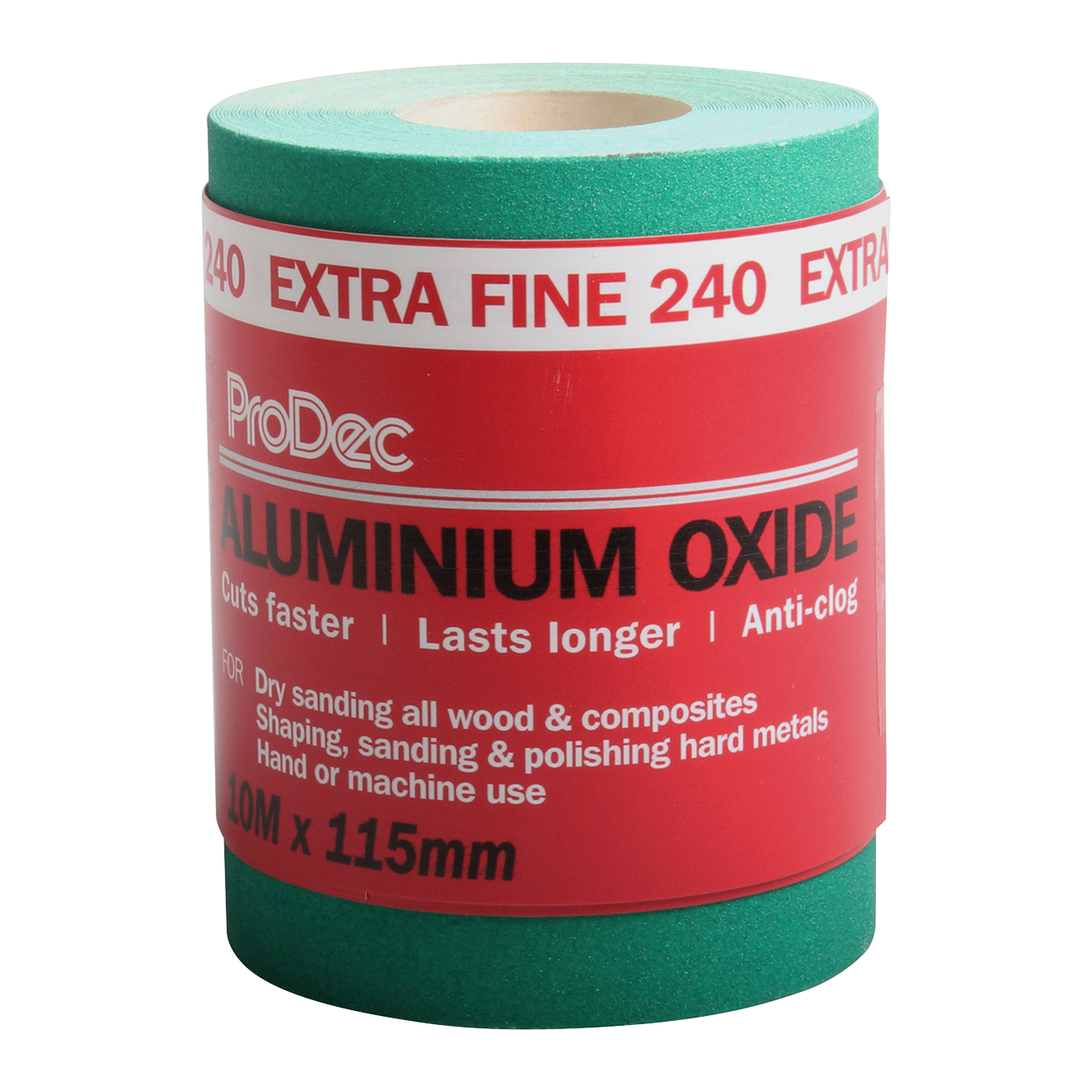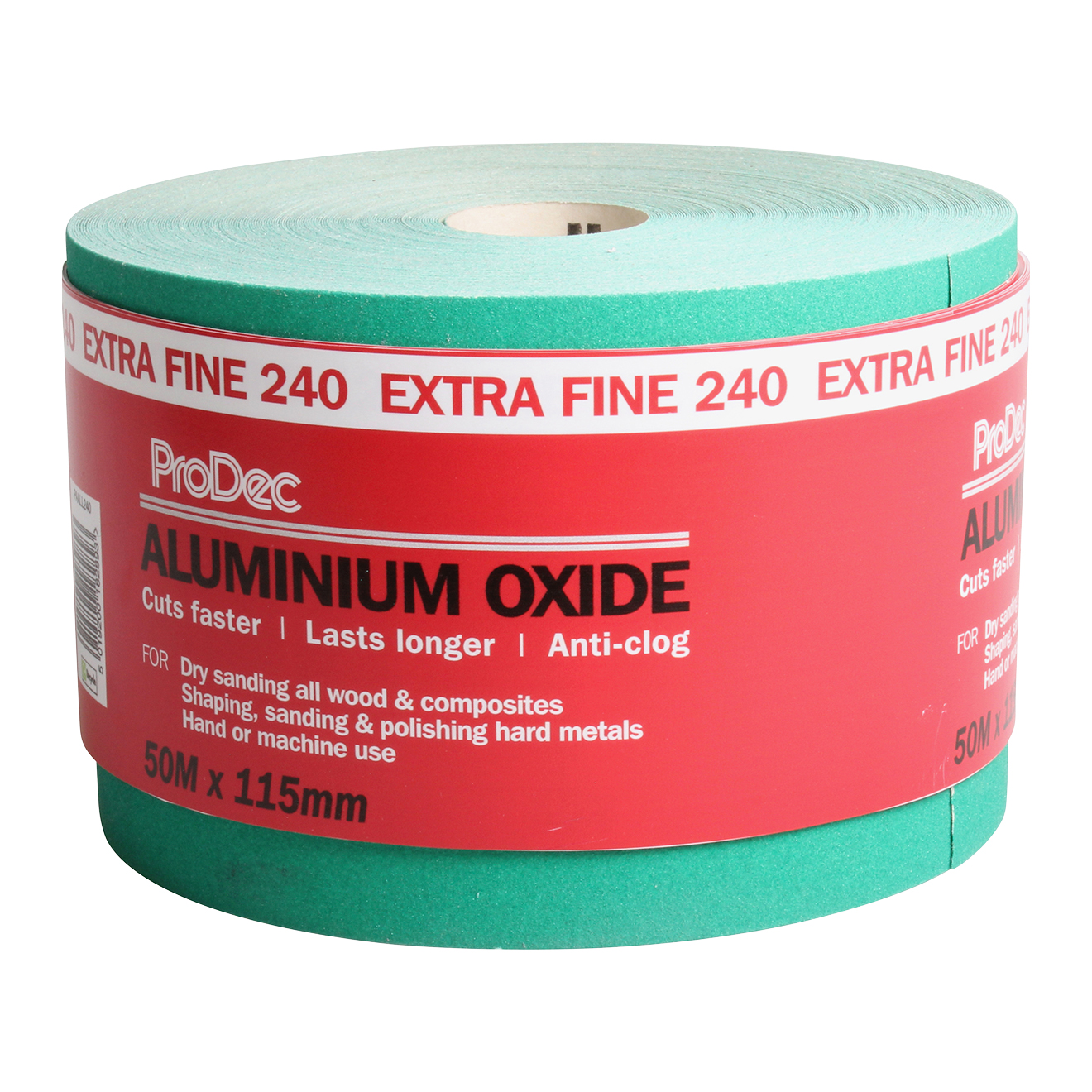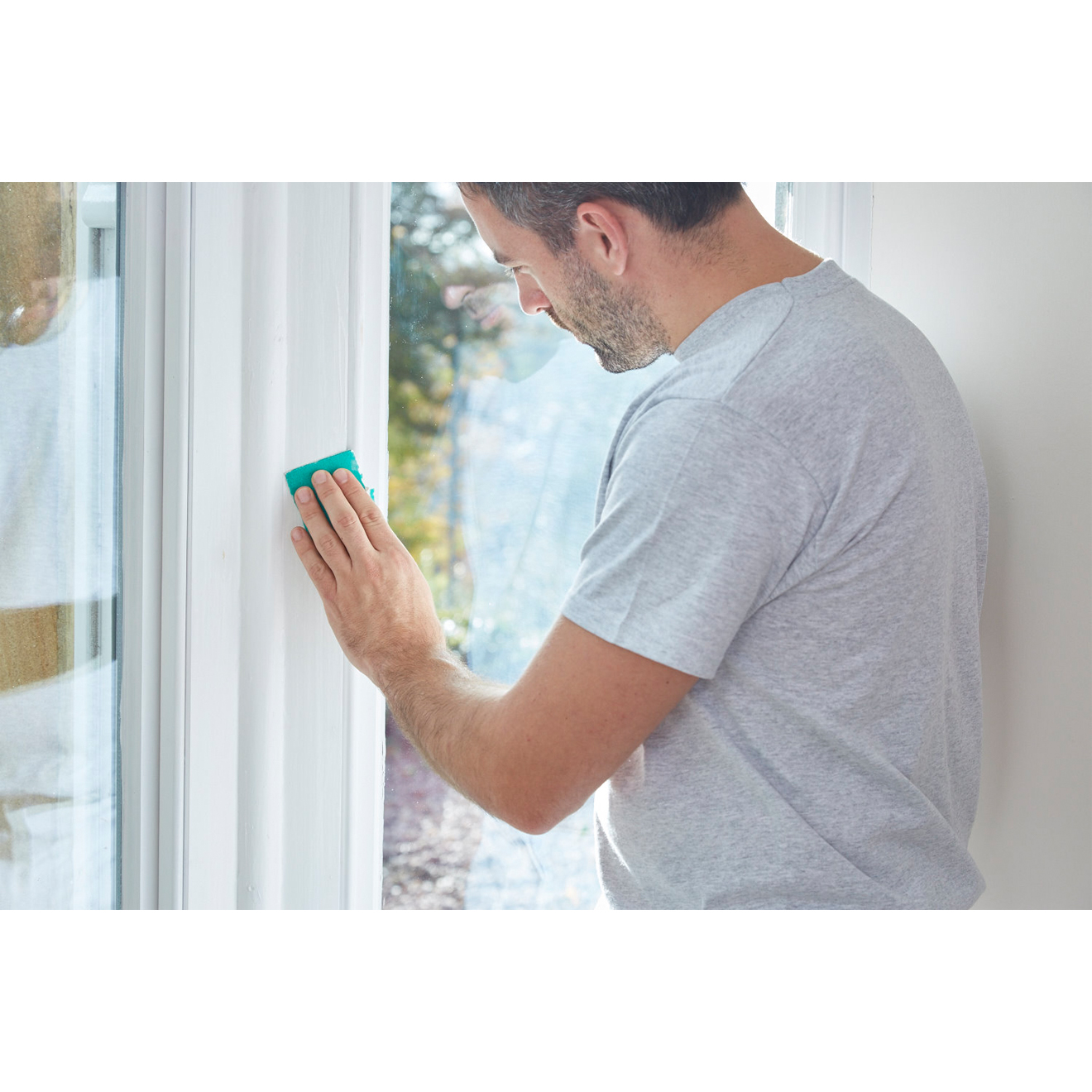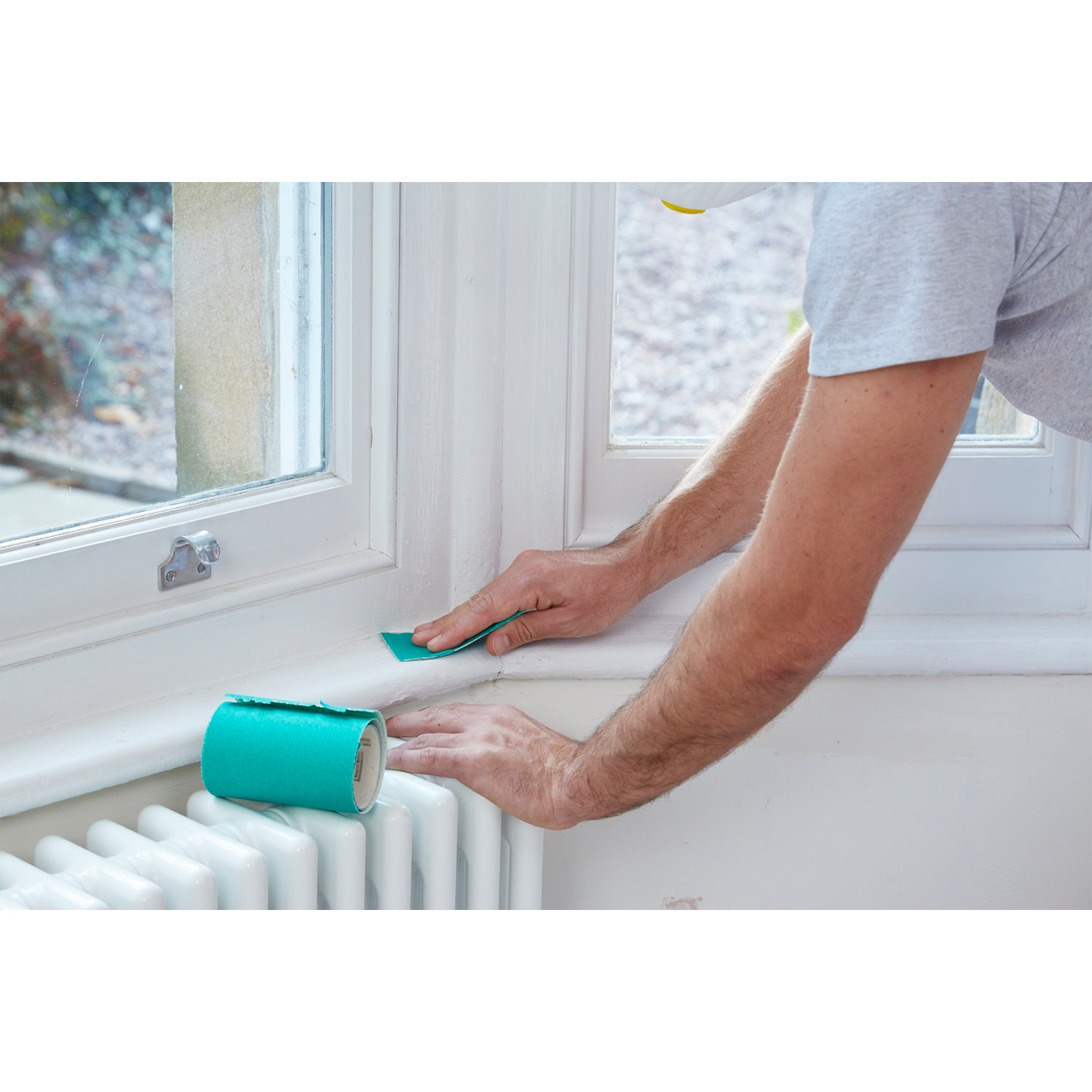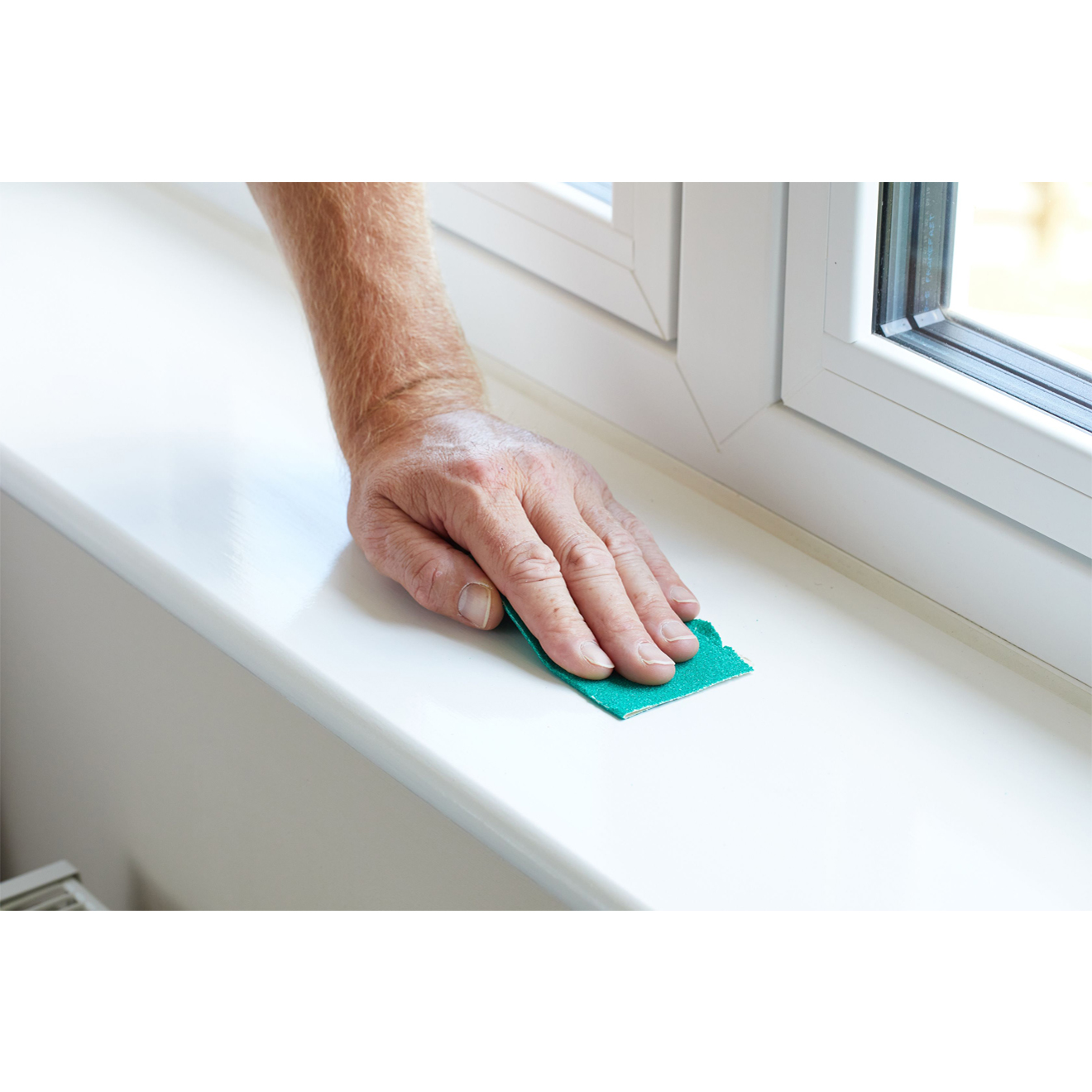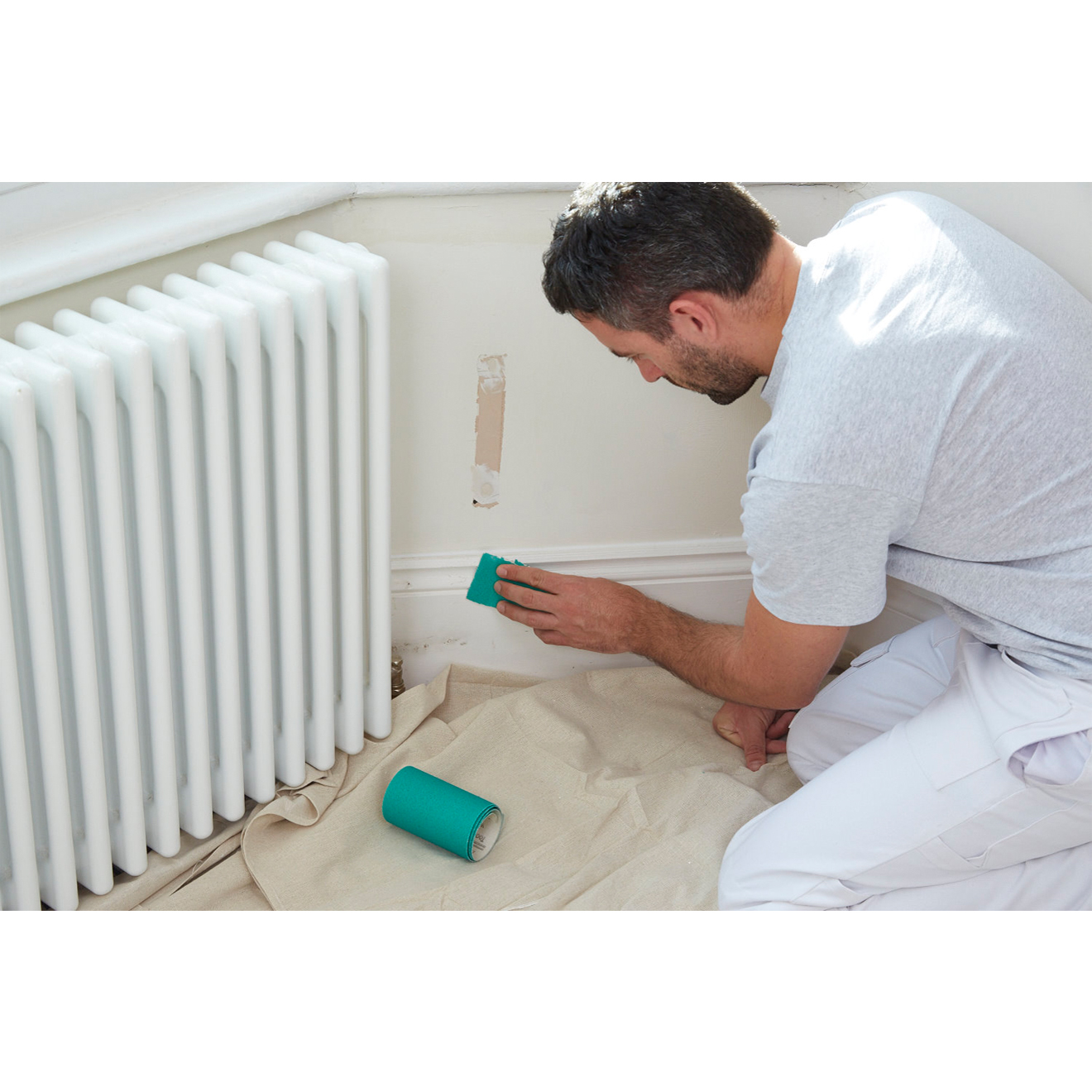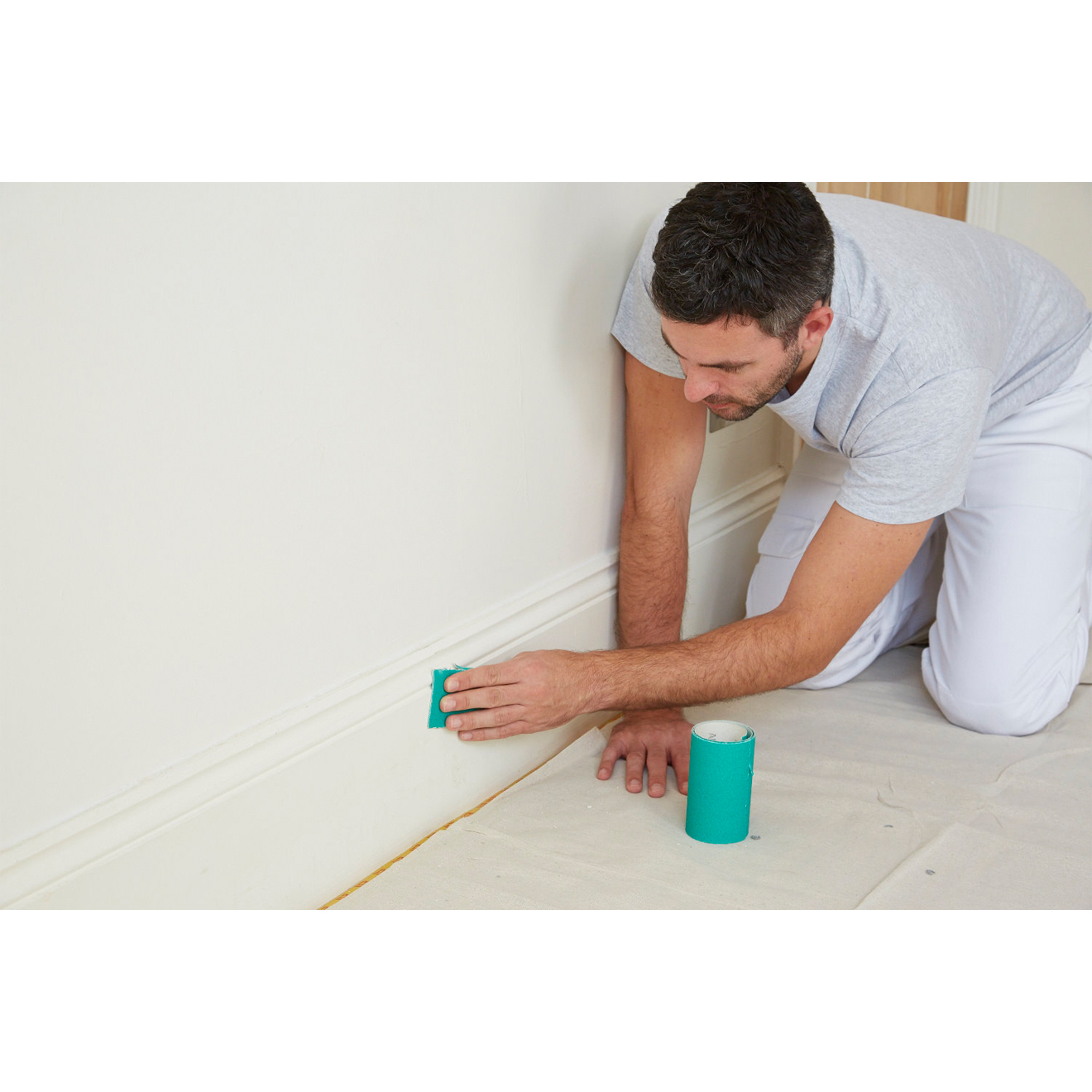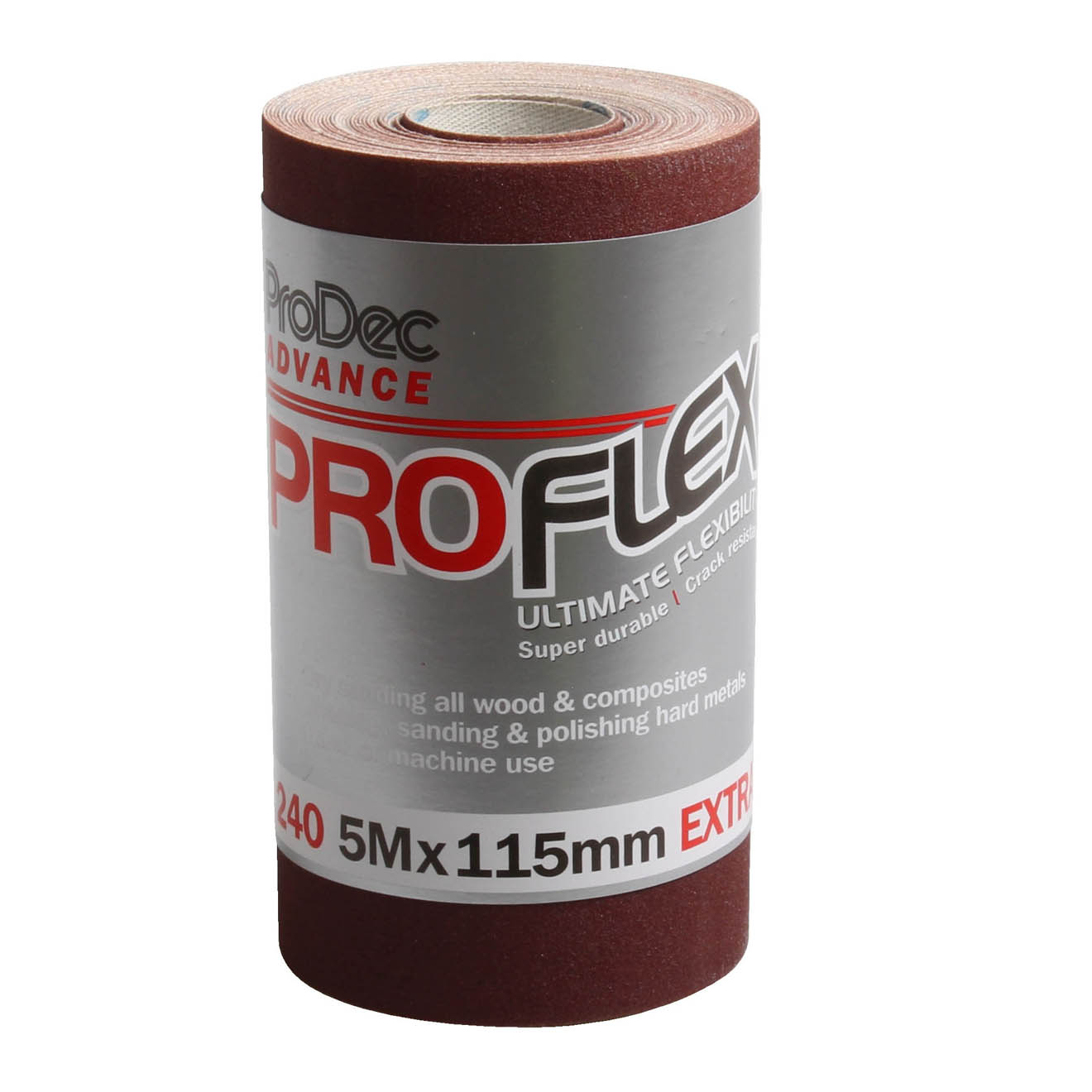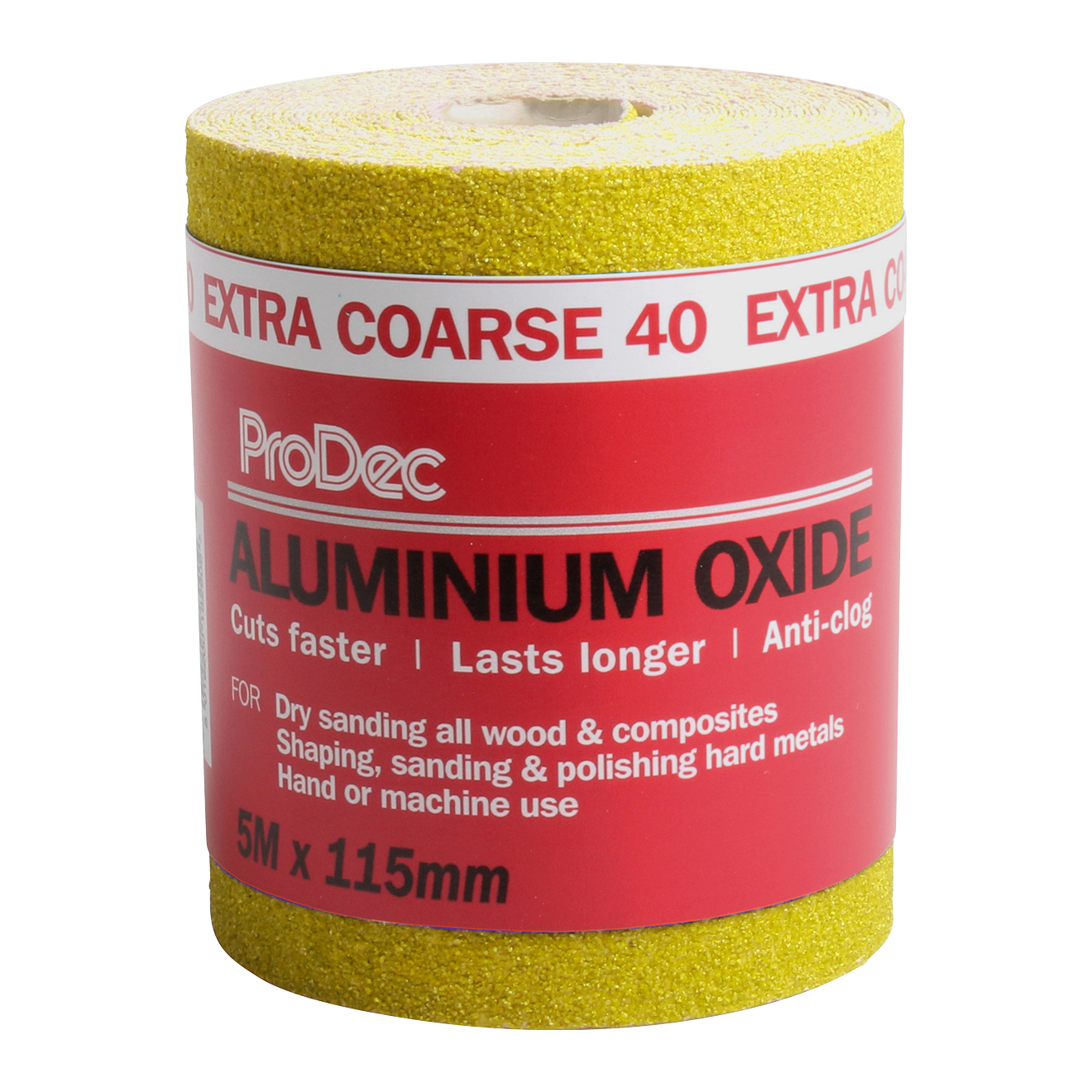Safety is of utmost importance when using abrasives, mainly because generating dust is what abrasives do. Here are some essential precautions that users should follow when using abrasives on a job:
Personal Protective Equipment (PPE):
Wear appropriate PPE, including safety glasses or goggles to protect your eyes from dust and debris – our sister brand Blackrock offers a full range.
Use a dust mask or respirator to avoid inhaling airborne particles and ensure it has a minimum rating of FFP2. Paying a little more for a mask with a valve will make breathing a whole lot easier which you’ll appreciate all the more if you have a lot of prep to do.
Wear hearing protection when operating power sanders to reduce the risk of hearing damage. Over the course of a career it can all add up and ear defenders are a very inexpensive price to pay to protect your hearing.
Protective Clothing:
Wear long sleeves, long trousers and gloves to protect your skin from abrasives and potential splinters. With prep being a significant part of many jobs, tradespeople often sand for extended periods and it can be rough on bare skin. Good gloves have breathable liners and will also improve your grip, reducing hand fatigue.
Consider using knee pads if working on surfaces close to the ground for extended periods. Wear and tear on knees all adds up over the course of a career and you’ll be thankful in later years for the investment you made in quality knee pads.
Ventilation:
Ensure proper ventilation in the work area to minimise dust buildup. Use exhaust fans or open windows to improve air circulation.
Dust Control:
Use dust extraction systems or vacuums to control and minimise airborne dust. If you’re able, investing in quality kit to reduce dust accumulation from abrasives is something you’re unlikely to regret.
Secure The Surface:
Every year, tradespeople have accidents that could be avoided by simply securing a surface properly to prevent it from moving unexpectedly during sanding, for example if you’ve taken a door off its hinges.
Power Tool Safety:
Follow the manufacturer’s guidelines for operating power sanders and other abrasive tools, especially when using for the first time. If you only read them once it’s better than not at all, and technology is constantly changing.
Disconnecting power tools when changing abrasive components avoids accidental starts which can lead to accidents.
Work Area Cleanup:
Keep the work area clean and free from clutter to prevent tripping hazards. Slips, trips and falls are the most common cause of workplace injury according to the HSE.
Dispose of used abrasives and other waste materials appropriately. We have a full range of Maintenance and Cleaning products here.
Emergency Preparedness:
Have a first aid kit on-site and know the location of emergency exits, especially if you’re working above the ground floor. Be prepared for potential accidents or injuries – even a small cut, nick or abrasion may require treatment and time will come sooner or later over the course of a career when even the most careful need a plaster.
Avoid Contact with Skin:
Minimise skin contact with abrasive materials. With prep being a significant part of many jobs, tradespeople often sand for extended periods and it can be rough on bare skin. Good gloves have breathable liners and will also improve your grip, reducing hand fatigue.
Proper Disposal:
Dispose of used abrasives and other waste materials in accordance with local regulations. Some abrasives may contain hazardous materials that require special handling.





